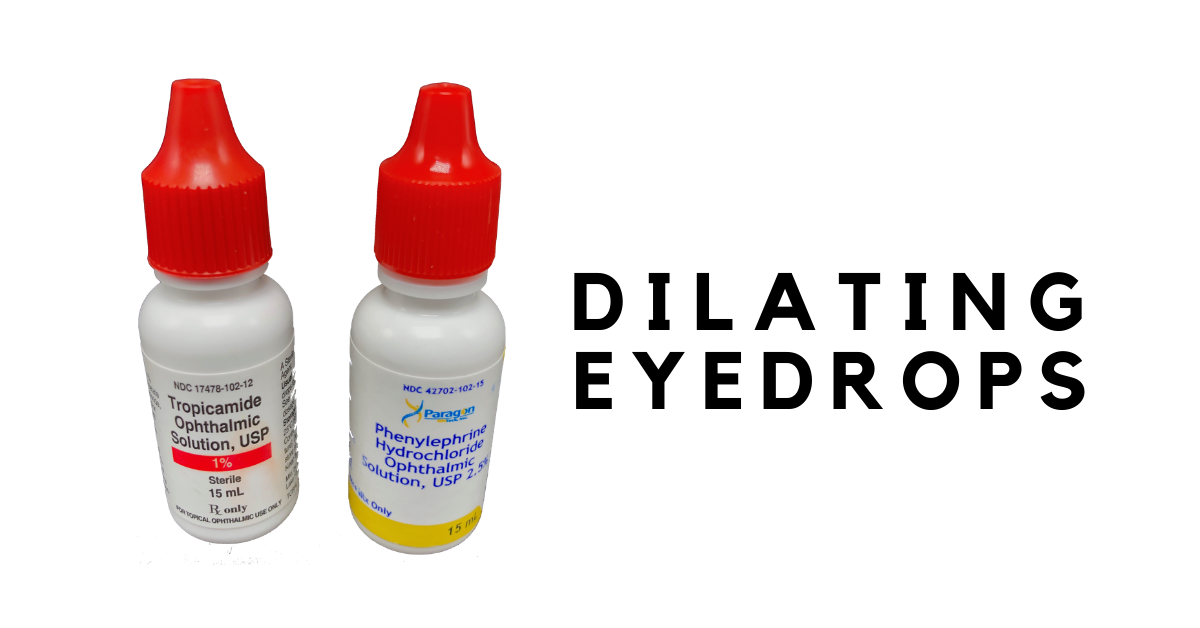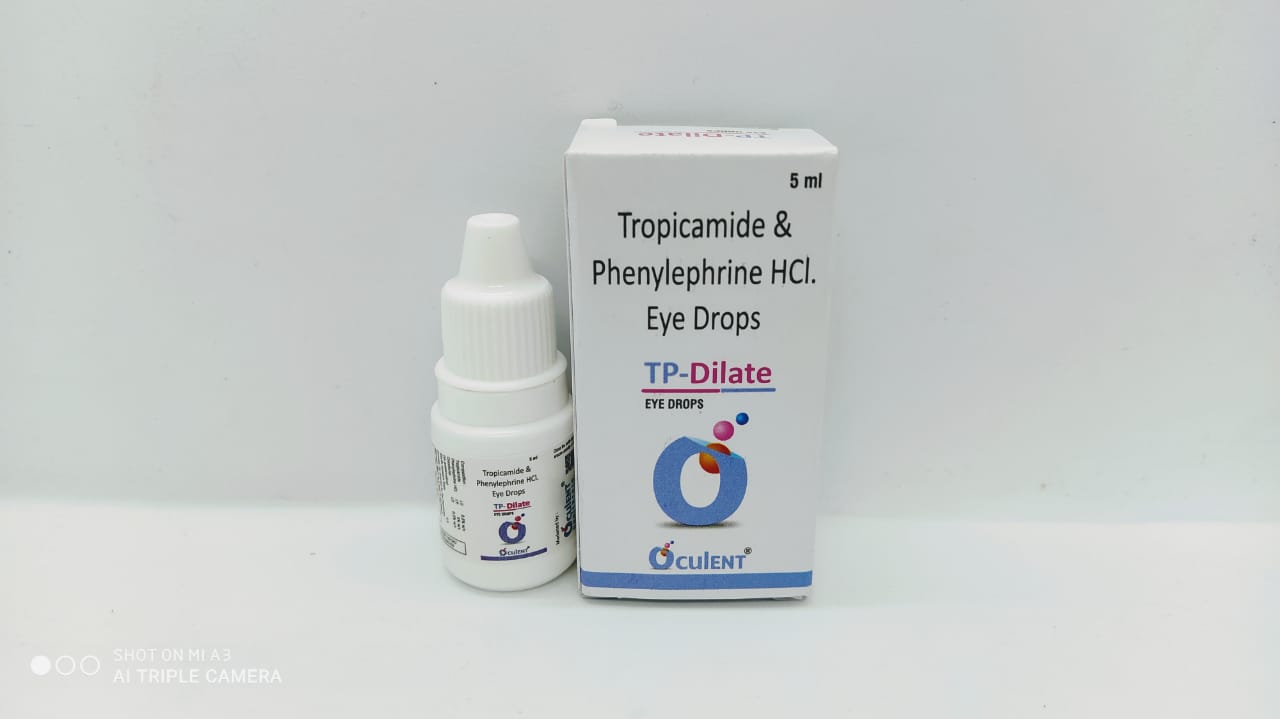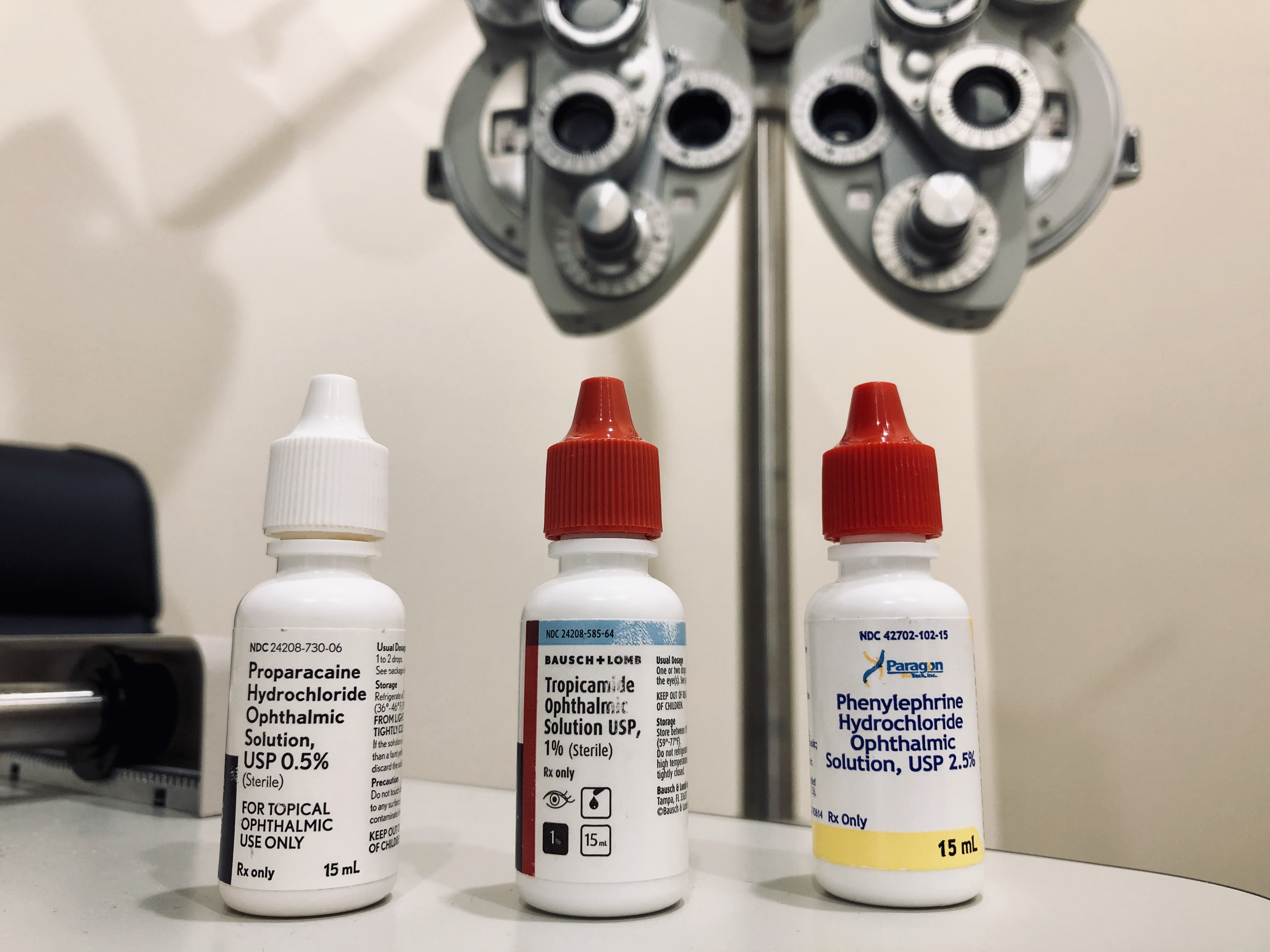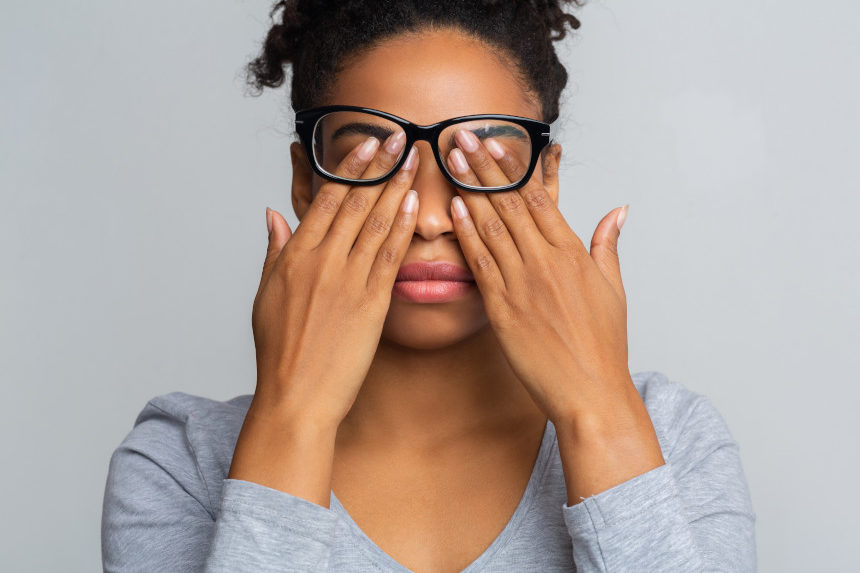Eye drops dilation traditional different optos requires sometimes pictured total above
Table of Contents
Table of Contents
Drops For Eye Dilation can be a scary prospect for many people, but they are an important part of eye health. Whether you need them for an eye exam or because you have a condition that requires them, understanding Drops For Eye Dilation can help ease your worries and make the experience less daunting.
Pain Points
One of the biggest concerns people have about Drops For Eye Dilation is the discomfort they may cause. Many worry about stinging or burning sensations, and some may also be worried about the potential side effects of the drops. Others may be worried about the effects on their vision or the length of time it takes for the drops to work.
What are Drops For Eye Dilation?
Drops For Eye Dilation are medications that are put into the eyes to widen the pupils. This allows the doctor to get a better view of the inside of the eye, including the optic nerve, retina, and blood vessels. Drops For Eye Dilation can be used for routine eye exams, to diagnose eye conditions, and to monitor existing conditions like glaucoma, macular degeneration, and diabetic retinopathy.
Main Points
The benefits of Drops For Eye Dilation are numerous. They allow for more accurate diagnosis of eye conditions, help detect problems earlier, and can even save your vision. The discomfort associated with them is usually mild and short-lived, and the side effects are rare. Drops For Eye Dilation are an essential part of maintaining healthy eyes and should not be avoided due to anxiety or fear.
Personal Experience
When I first heard that I would need Drops For Eye Dilation for my eye exam, I was nervous. I had heard horror stories about the stinging and burning sensations they can cause. However, when the drops were administered, I was pleasantly surprised to find that the discomfort was minor and only lasted for a few moments. The benefits of the Dilation allowed my optometrist to detect a developing condition early, and I was able to start treatment quickly, which prevented any further damage to my eyes.
Types of Drops For Eye Dilation
There are several types of Drops For Eye Dilation, including Atropine drops, Phenylephrine drops, and Tropicamide drops. Each has its own benefits and drawbacks, and your doctor will choose the one that is best for your specific needs. Atropine drops, for example, are longer-lasting, while Tropicamide drops work faster.
Benefits and Risks
While Drops For Eye Dilation carry some risks, they are generally safe and well-tolerated. Some people may experience side effects like blurred vision, light sensitivity, or dry mouth, but these are usually mild and pass quickly. The benefits of Drops For Eye Dilation, including the ability to detect and monitor eye conditions, far outweigh any potential risks.
Personal Experience
My grandmother has been using Drops For Eye Dilation for years to monitor her glaucoma. She was initially worried about using them, but knowing that they are helping preserve her vision has made the discomfort worthwhile. She has never experienced any significant side effects and has been able to maintain her eye health thanks to regular eye exams and Drops For Eye Dilation.
Question and Answer
Q: Are there any risks associated with Drops For Eye Dilation?
A: While there can be side effects, they are usually mild and short-lived. In rare cases, some people may experience more severe side effects like an allergic reaction or increased pressure in the eye.
Q: How long does it take for Drops For Eye Dilation to wear off?
A: The effects of the drops usually wear off after a few hours, although it can take up to a day for some people.
Q: Can Drops For Eye Dilation be used during pregnancy?
A: While the drops are generally considered safe, it is best to talk to your doctor about any concerns you may have during pregnancy or while breastfeeding.
Q: Can I drive after using Drops For Eye Dilation?
A: It is generally recommended that you have someone else drive you home after using Drops For Eye Dilation, as they can cause temporary vision changes like blurred vision and sensitivity to light.
Conclusion of Drops For Eye Dilation
Drops For Eye Dilation may seem scary, but they are an essential part of maintaining healthy eyes. Whether you need them for an eye exam or because you have a condition that requires them, understanding the benefits and potential risks of Drops For Eye Dilation can help ease your fears and make the experience more tolerable. If you have any concerns about Drops For Eye Dilation, be sure to talk to your eye doctor.
Gallery
Dilating Drops Archives - Nader Moinfar, MD, MPH, FACS, FASRS

Photo Credit by: bing.com / drops dilating dilated eye retina tag specialist eyes need
TP-dilate Eye Drops - Oculent Healthcare

Photo Credit by: bing.com / dilate eye drops tp
3 Benefits Of Optos Retinal Imaging | Bright Vision Optometry | Blog

Photo Credit by: bing.com / eye drops dilation traditional different optos requires sometimes pictured total above
Dilating Eye Drops - Eyes 4 Kids

Photo Credit by: bing.com / dilating
What Ever Happened To Dilation Reversal Drops?

Photo Credit by: bing.com / pupil dilated dilation eye blown drops drug eyes pupils signs reversal mydriasis meth high cocaine intoxication happened ever look wikidoc





